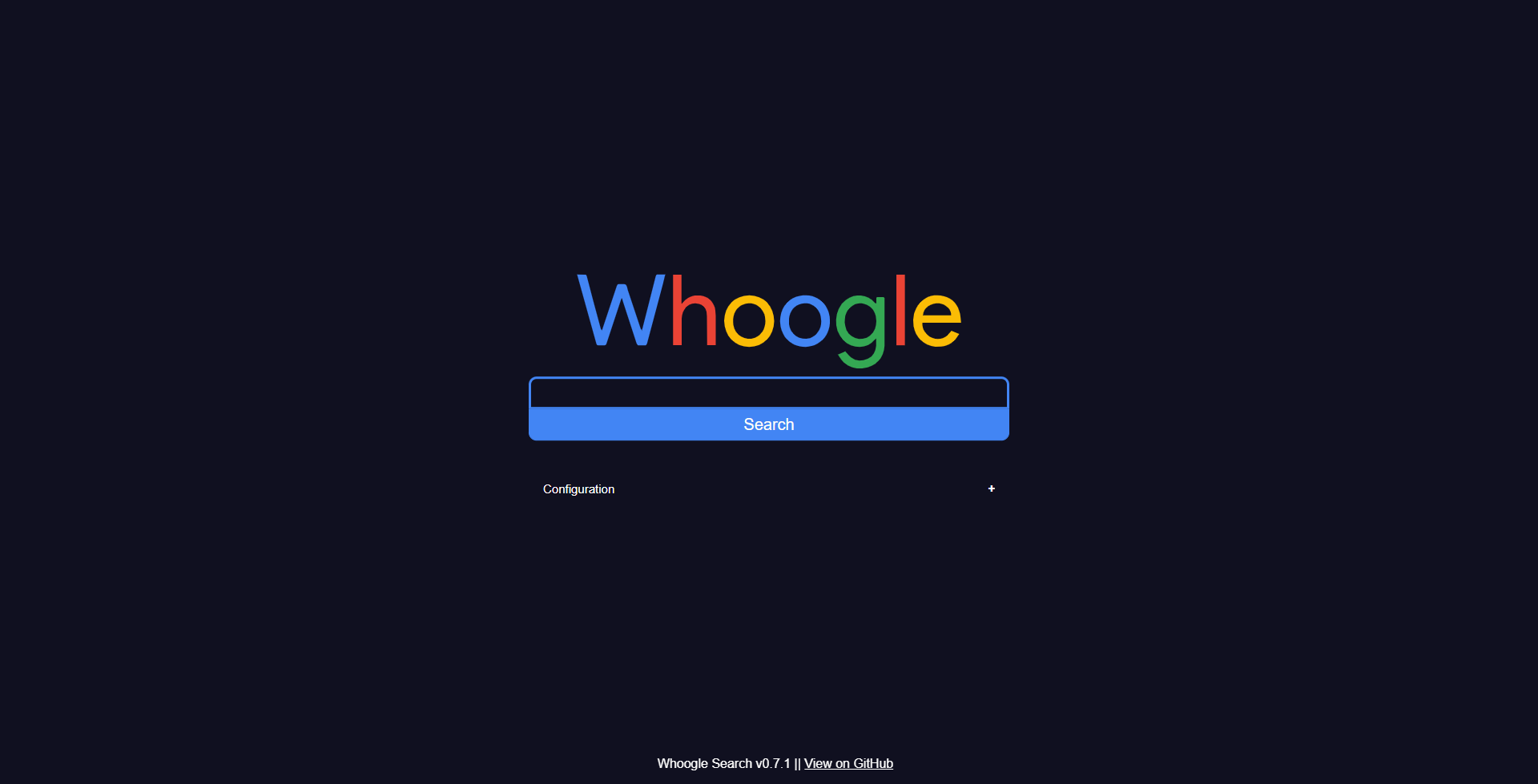Can Linux Replace Windows in a Small Business Environment?
Discover how Linux, particularly Ubuntu or other Debian-based distributions, can serve as a cost-effective, secure, and reliable alternative to Windows for small businesses. Explore the benefits and considerations of transitioning to Linux for desktops and servers.

The debate over whether Linux can replace Windows in a small business environment, particularly focusing on Ubuntu or other Debian-based distributions, is gaining traction. As businesses seek cost-effective, reliable, and secure operating systems, Linux presents a compelling alternative to the traditionally dominant Windows. Here’s an exploration of whether Linux can effectively replace Windows in small business desktops and servers.
Cost Efficiency
One of the primary advantages of adopting Linux is its cost-efficiency. Unlike Windows, which requires purchasing licenses for each user or device, Linux distributions like Ubuntu are free to use. This can result in significant savings for small businesses, especially those with tight budgets. Additionally, Linux typically has lower hardware requirements, allowing businesses to extend the life of their existing hardware.
Security
Security is a crucial consideration for any business. Linux is renowned for its robust security features, including its permission system, which limits access to critical system components. Linux distributions are also less susceptible to viruses and malware compared to Windows, reducing the need for extensive anti-virus solutions. Regular updates and a strong community of developers help maintain a secure environment.
Performance and Reliability
Linux is known for its stability and reliability. It can run for extended periods without requiring reboots, making it ideal for servers and critical business applications. Debian-based distributions, including Ubuntu, are designed for long-term support, providing stability and consistent performance. This reliability translates to less downtime and increased productivity.
Software Availability
One of the concerns for businesses considering a switch to Linux is software compatibility. While Linux has a plethora of open-source software alternatives for common business needs such as word processing, spreadsheets, and email, some specialized software may not have direct Linux equivalents. However, solutions like Wine and virtual machines can allow businesses to run essential Windows applications on Linux.
Customization and Flexibility
Linux offers unparalleled customization options, enabling businesses to tailor the operating system to their specific needs. This flexibility can lead to a more efficient and personalized computing environment. Additionally, Linux's open-source nature allows businesses to modify the software to suit their unique requirements.
Learning Curve and Support
Transitioning to Linux from Windows can involve a learning curve for employees unfamiliar with the system. However, many modern Linux distributions, such as Ubuntu, offer user-friendly interfaces that are relatively easy to navigate. Comprehensive online documentation, active community forums, and professional support services can assist businesses in overcoming initial hurdles.
Server Performance
For server applications, Linux has long been a preferred choice due to its robustness, scalability, and security. Debian-based servers provide a solid foundation for web hosting, file sharing, and other server tasks. The vast repository of open-source server applications available for Linux ensures that businesses can find the tools they need without incurring additional costs.
Conclusion
Linux, particularly Ubuntu or other Debian-based distributions, presents a viable alternative to Windows in a small business environment. The cost savings, enhanced security, reliability, and flexibility make Linux an attractive option for both desktops and servers. While there may be some initial challenges in terms of software compatibility and user adaptation, the long-term benefits can outweigh these obstacles. As more businesses explore Linux, its role in the small business ecosystem is likely to expand, offering a powerful and cost-effective solution for modern enterprises.




